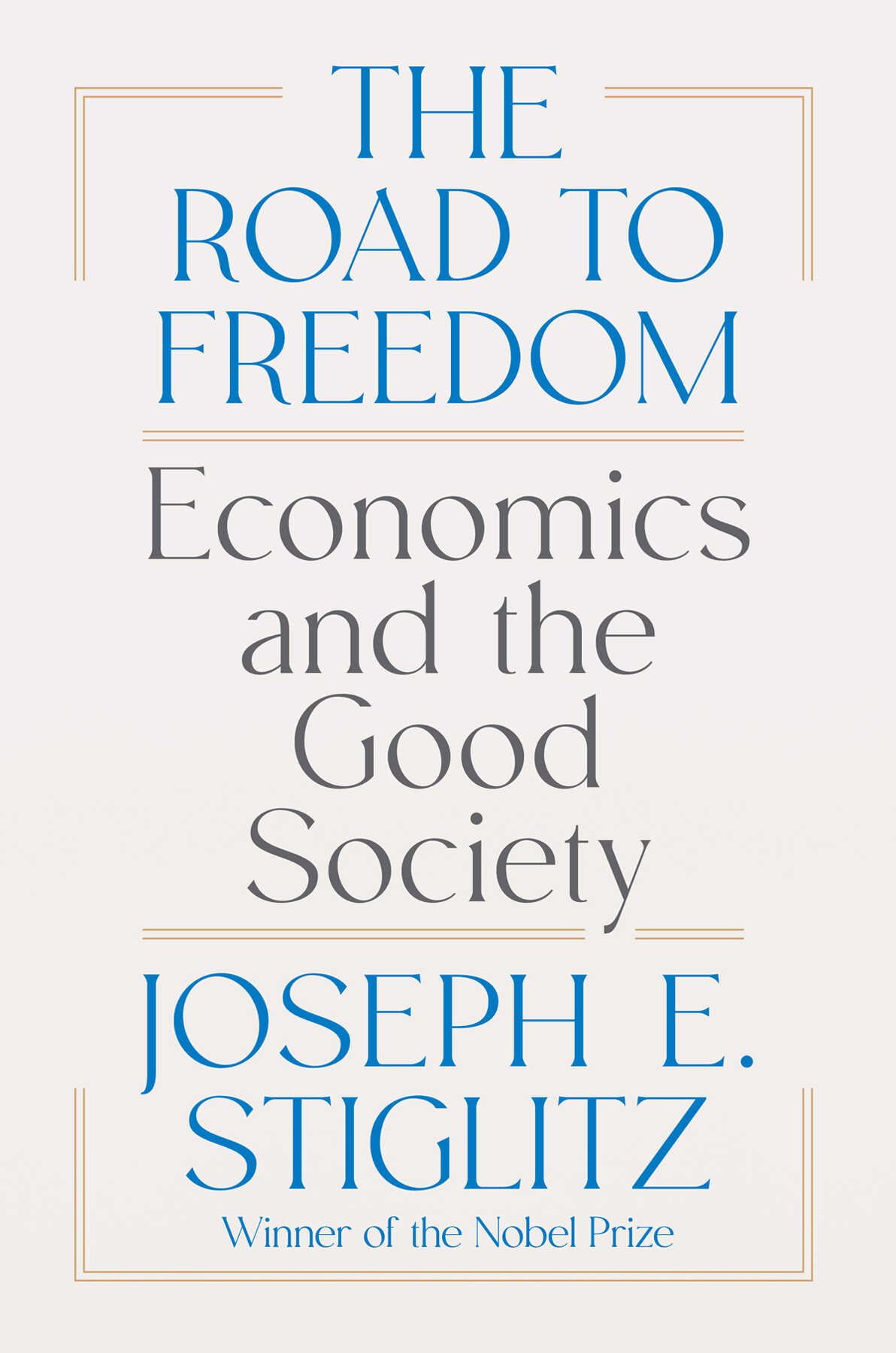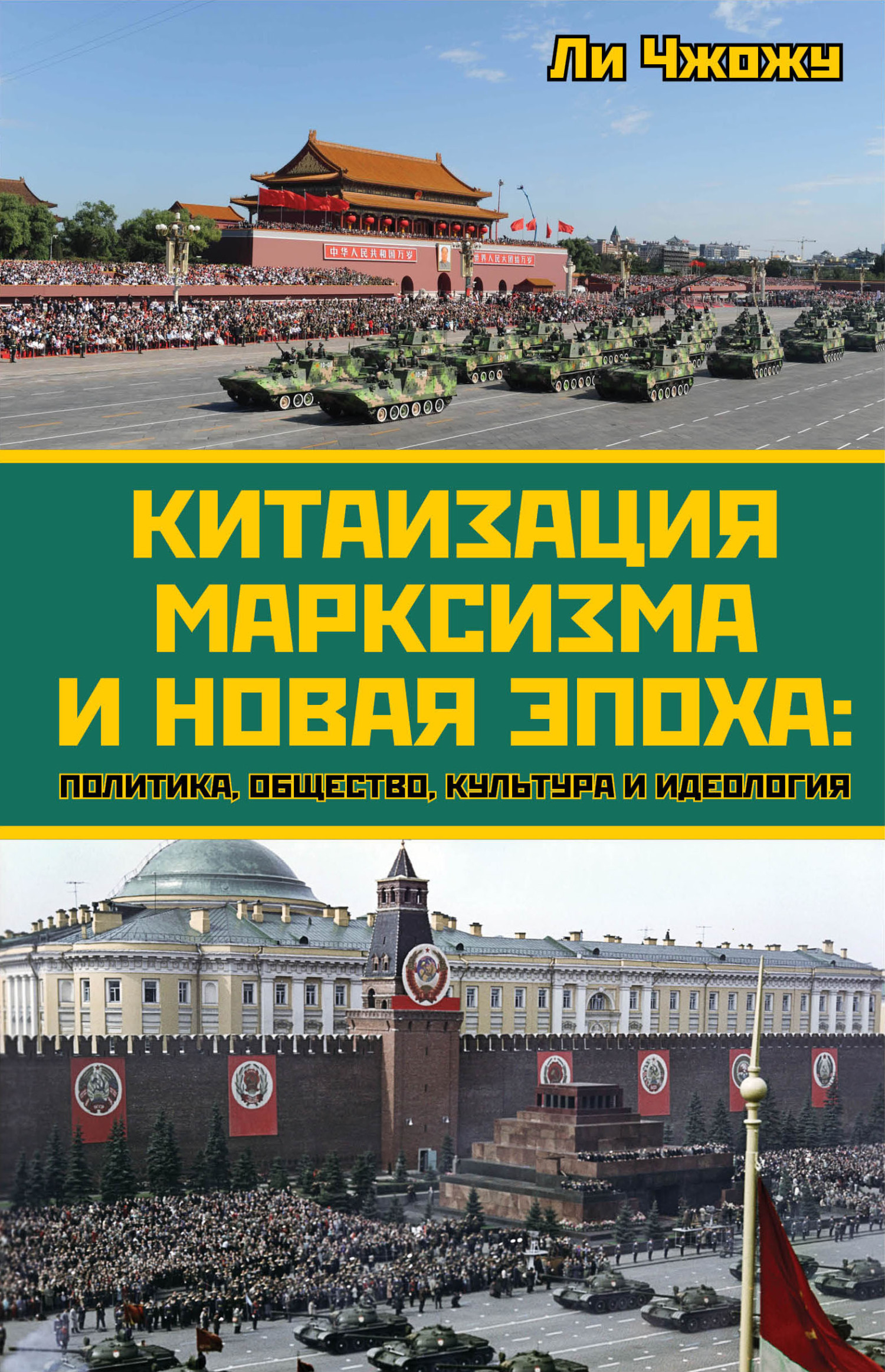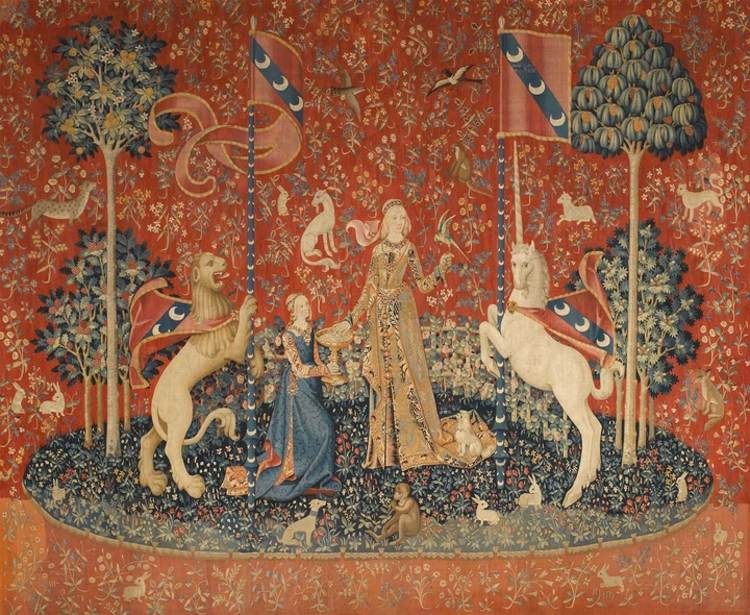Частные предприятия в Китае: политика и экономика. Ретроспективный анализ развития в 1980-2010-е годы - Андрей Павлович Кудин
Книгу Частные предприятия в Китае: политика и экономика. Ретроспективный анализ развития в 1980-2010-е годы - Андрей Павлович Кудин читаем онлайн бесплатно полную версию! Чтобы начать читать не надо регистрации. Напомним, что читать онлайн вы можете не только на компьютере, но и на андроид (Android), iPhone и iPad. Приятного чтения!
Шрифт:
Интервал:
Закладка:
Chapter 2 contains the analysis of the changes in the institutional status of private entrepreneurship including its political and legal regulating in the PRC at the initial and later stages of the contemporary market reforms, and offers the comparative analysis of the dynamics, structural proportions and efficiency of the entrepreneurship economic growth, the rates of which are faster than the same in other sectors, and – as a result of such growth – the general radical change of the private business’ position in the national economy of reform-oriented China.
Chapter 3, presenting the retrospective analysis of the private business’ structural and sectorial priorities as well as the balance between the private business’ external/internal and traditional/high-tech orientation, identifies the role of private entrepreneurship in such processes as development of export-oriented production, realization of the modern strategy for the domestic market expansion, enhancement of the human capital quality, innovative activities and the PRC integration in the global sphere of innovations.
The final Chapter 4, proceeding from the general context of studies on the impacts caused by the domestic and foreign factors on the PRC economic and social situation in the circumstances of globalization, addresses the major restrictors, problems and prospects for the private national business growth in reform-oriented China, and offers the respective prognostic assessments based on the highly-reputed Chinese and international sources.
The scientific novelty of the monograph is predetermined by the fact that it represents the first attempt undertaken in the Russian Oriental studies to explore such subject as development of the private national business on the basis of diverse forms of ownership in the emerging market economy of contemporary China – such as private and public (being reformed) as well as all sorts of transient-mixed and sustainably-mixed versions of both. The monograph also presents the first retrospective analysis of the Chinese GREP model in juxtaposition with its international analogues, and the first study of the practical realization of the given model in the course of the market-oriented economic reforms in China.
As for more general scientific results evidencing the novelty of the given study, they may be presented by the following specific provisions:
• the national entrepreneurship has been analyzed in the monograph both in the narrow economic and in the broad social contexts;
• it is presented and explored as a systemic outcome that was produced by the development of the reform process and that is manifested both at the micro– and macro– levels of the Chinese economy;
• the national entrepreneurship, based on the initial capital accumulation and the private ownership as the form of ownership intrinsic to the market relations, has been explored in detail as the aggregate of its structural elements, engineering-technological priorities, as well as internal and external interconnections;
• the national entrepreneurship as represented by the economic activities of managers from the state-owned enterprises has been addressed in the more general terms – proportionally to the incompleteness of reforms in the state sector and in the general context of de facto privatization being underway in the course of the state-run enterprise corporatization in China;
• thus, the national entrepreneurship in China as a whole has been researched as a multitier, structurally complex, evolutionally forming, highly dynamic and – as a foreseeable result – organically integral system;
• this system in turn is a most important system-forming element and factor, a subsystem of the more general socioeconomic structure taking shape in the reform-oriented China – that is the system of the modern, socially oriented and mixed market economy;
• the monograph has made an attempt to avoid applying any rudiments of the class approach to assessment of societal phenomena, to depart from any, even covert forms of ideologizing and politicization of economy, and to put at distance the notions of «national entrepreneurship» and «privatization» in particular.
Drawn in the final part of the monograph on the basis of the summarizing conceptualization of the Chinese experience accumulated in development and government regulating of private national entrepreneurship, a number of generalizing practical and theoretical conclusions would contribute to the Russian and world economic science by providing the better understanding of such phenomena as mixed market economy and the catch-up advanced economic growth of China as a growing global power.
The Addenda to the monograph contains 60 tables as well as 30 diagrams and charts (most of which have been drawn on the basis of the author’s calculations) illustrating and supplementing the major scientific results of the done research. The List of Bibliography includes over 300 titles of publications in the Russian, Chinese and English languages.
Примечания
1
Весьма индифферентно с точки зрения реальных отношений собственности, трактуемого в КНР с помощью таких общепринятых идеологизированных терминов, как «предприниматели» (циецзя), «народные предприятия» (миньин цие), «рыночные компании» (шанши гунсы) и т. п.
2
Первоначальный вариант данной схемы отражен, в частности, в изданиях известного российского учебника (см.: [103, с. 334–337, 349; 104]). В доработанном виде данная схема опубликована в таких совместных публикациях автора настоящей монографии, как: [86; 108].
3
Первая, оригинальная версия концепции «новой демократии» была выдвинута в работах Мао Цзэдуна конца 1930 – начала 1940-х гг.
4
В первой половине 1950-х гг. современная промышленность составляла менее 10 % структуры ВВП страны по добавленной стоимости, тогда как сельское хозяйство и кустарная промышленность – более 90 %; абсолютное большинство (не менее 90 %) всего населения и занятых проживало в деревне. – См., в частности: [125, с. Ш-37].
5
В частности, реальные среднегодовые темпы прироста ВВП составили 7,8 %. – См. [103, с. 338].
Прочитали книгу? Предлагаем вам поделится своим отзывом от прочитанного(прослушанного)! Ваш отзыв будет полезен читателям, которые еще только собираются познакомиться с произведением.
Уважаемые читатели, слушатели и просто посетители нашей библиотеки! Просим Вас придерживаться определенных правил при комментировании литературных произведений.
- 1. Просьба отказаться от дискриминационных высказываний. Мы защищаем право наших читателей свободно выражать свою точку зрения. Вместе с тем мы не терпим агрессии. На сайте запрещено оставлять комментарий, который содержит унизительные высказывания или призывы к насилию по отношению к отдельным лицам или группам людей на основании их расы, этнического происхождения, вероисповедания, недееспособности, пола, возраста, статуса ветерана, касты или сексуальной ориентации.
- 2. Просьба отказаться от оскорблений, угроз и запугиваний.
- 3. Просьба отказаться от нецензурной лексики.
- 4. Просьба вести себя максимально корректно как по отношению к авторам, так и по отношению к другим читателям и их комментариям.
Надеемся на Ваше понимание и благоразумие. С уважением, администратор knigkindom.ru.
Оставить комментарий
-
 Гость Татьяна01 март 19:12
Тупая безсмыслица. Осилила 10 страниц. Затем стало жалко себя и свой мозг ...
Мое искушение - Наталья Камаева
Гость Татьяна01 март 19:12
Тупая безсмыслица. Осилила 10 страниц. Затем стало жалко себя и свой мозг ...
Мое искушение - Наталья Камаева
-
 Гость Татьяна01 март 13:41
С удивлением узнала, что у этой писательницы день рождения такой же как и у меня.... в целом - да ети твою мать!!! Это это что же...
Право на Спящую Красавицу - Энн Райс
Гость Татьяна01 март 13:41
С удивлением узнала, что у этой писательницы день рождения такой же как и у меня.... в целом - да ети твою мать!!! Это это что же...
Право на Спящую Красавицу - Энн Райс
-
 Ма28 февраль 23:10
Роман очень интересный и очень тяжелый, автор вначале не зря предупреждает о грязи, коротая будет сопровождать нас- это не...
Ты принадлежишь мне - Ноэми Конте
Ма28 февраль 23:10
Роман очень интересный и очень тяжелый, автор вначале не зря предупреждает о грязи, коротая будет сопровождать нас- это не...
Ты принадлежишь мне - Ноэми Конте










